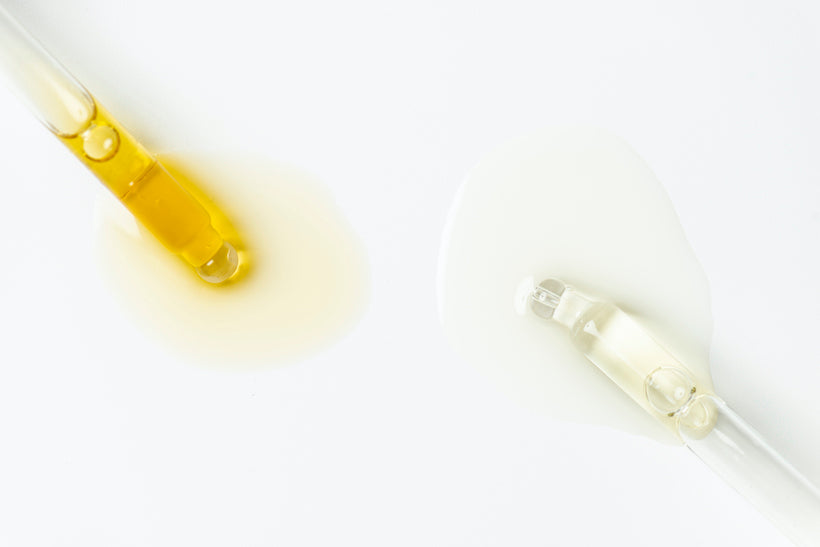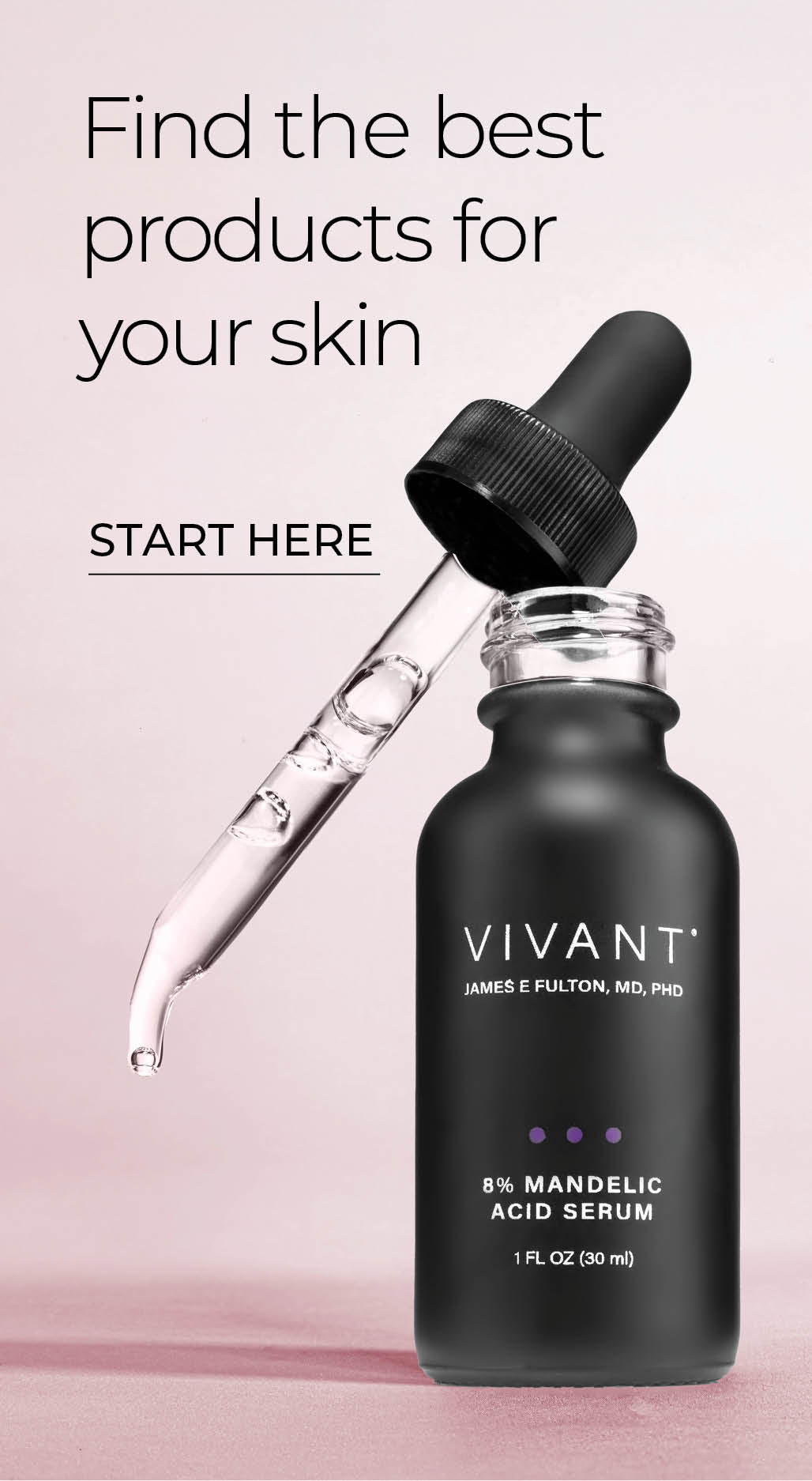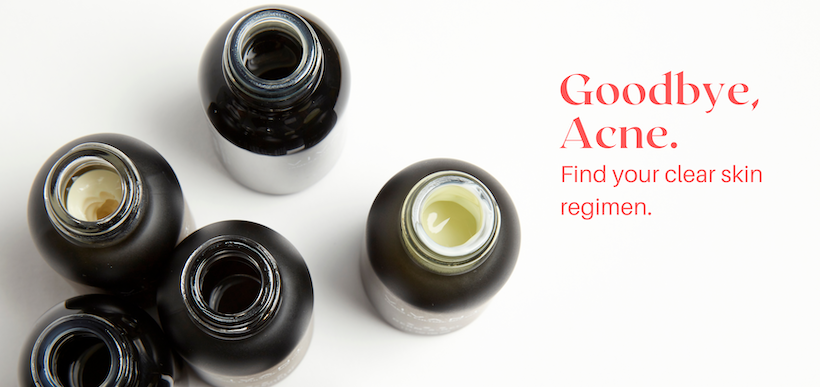5 Questions About Retinoids Answered

We talk a lot about retinoids, aka vitamin A, and not just because Dr. Fulton co-developed Retin-A®, and created and patented Vitamin A Propionate, the less irritating, non-prescription version of this game-changing ingredient. (Although those things are pretty amazing.) We talk about retinoids (vitamin A) a lot because there tends to be a fair amount of confusion surrounding the topic. Why does one ingredient have so many different names? Are they all the same thing? When can they be used? Where can they be used? The one thing that isn’t confusing is the ingredient’s unmatched ability to bring real results in clearing acne and combatting the signs of aging. Here are answers to the five most frequent questions that come up when talking about skin care’s number one over-achiever, vitamin A.
1. Are retinoids and retinols the same thing?
The whole family of vitamin A derivatives is referred to as retinoids. Retinols are a subgroup within that family. Retinoids either begin as retinoic acid (prescription forms that include Retin-A) or get converted to retinoic acid in the body (retinols like Vivant’s patented Vitamin A Propionate). Retinoids create changes at the cellular level, stimulating collagen production, accelerating cell turnover, mitigating photodamage. The prescription strength retinoids can be irritating, which is the reason retinols exist. However, not all retinols are the same. The effectiveness of retinols hinges on how efficiently and quickly the body can convert them to retinoic acid and the rate of conversion hinges on the molecular structure of the derivative. Our Vitamin A Propionate has a molecular structure that is closer to Retin-A than any other retinol, so it provides the greatest benefit with the least irritation.
2. Can I use retinoids during the day?
Two issues that come up here. First, you may have heard that sunlight deactivates vitamin A. It’s true that retinoids are photosensitive. That’s the reason we package our serums in brown bottles to protect them from light. Various factors including formulation and length of exposure affect the way in which the ingredient will perform under UV conditions in the skin. You may also have heard you can’t go out in the sun if you’re using a vitamin A product. Because retinoids clear away the top layer of dead skin, the newly exposed surface can be more sensitive. Sunscreen will protect your skin and your product ingredient. Like always, use sunscreen, wear a hat, and limit UV exposure
3. Do retinoids thin the skin?
Quite the opposite. Retinoids thin the outer layer of dead skin cells, known as the stratum corneum, while thickening underlying structural layers. In the lower strata of the epidermis (below the stratum corneum) and in the dermis level of skin, retinoids encourage cell proliferation, stimulate collagen and elastin production, combat DNA damage caused by UV exposure and improve circulation resulting in a thickening of the skin and a healthier, firmer skin structure.
4. Can I use retinoids in the area around my eyes?
You can. And you should. The skin around your eyes is thinner and has less collagen than other areas of your skin. This is the first place damage starts to show. Use an eye cream that contains vitamin A to generate collagen production, fight oxidative stress, and reduce fine lines. Vivant’s Wink Eye Regeneration Cream with Vitamin A Propionate, peptides, and caffeine is an excellent choice.
5. Should I stop applying retinoids if my skin gets irritated?
First, you need to determine if your skin is truly irritated, or if it’s acclimating. Things like flaking, mild redness, slight itching, and dryness are all signs of acclimation as your skin adjusts to the process of accelerated cellular regeneration. Within two to three weeks, the signs will disappear, and the benefits will continue. However, if any of these things seem excessive or are causing discomfort, back off and use the products every other day and work back up to daily application or move to a lower concentration of vitamin A.
SHOP VITAMIN A PRODUCTS


Comments
have been a patient of dr. fulton for a number of years. way before he passed away. miss him terribly, great man.. i was a poster woman in the miami office. my pictures were all office. the miami lakes office that is. he used me as his model a lot. well needless to say he is missed.,as a dr. as well as a human being